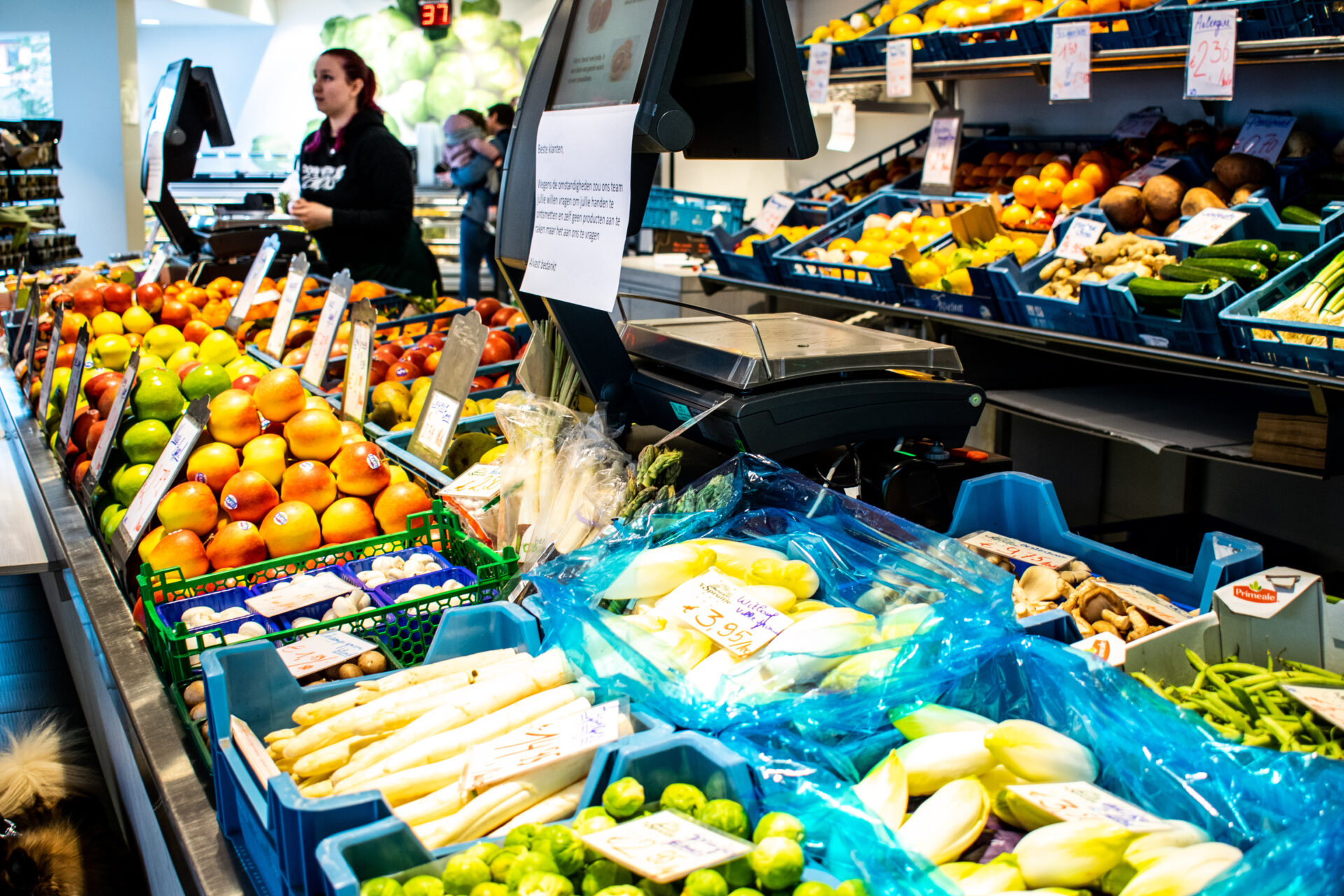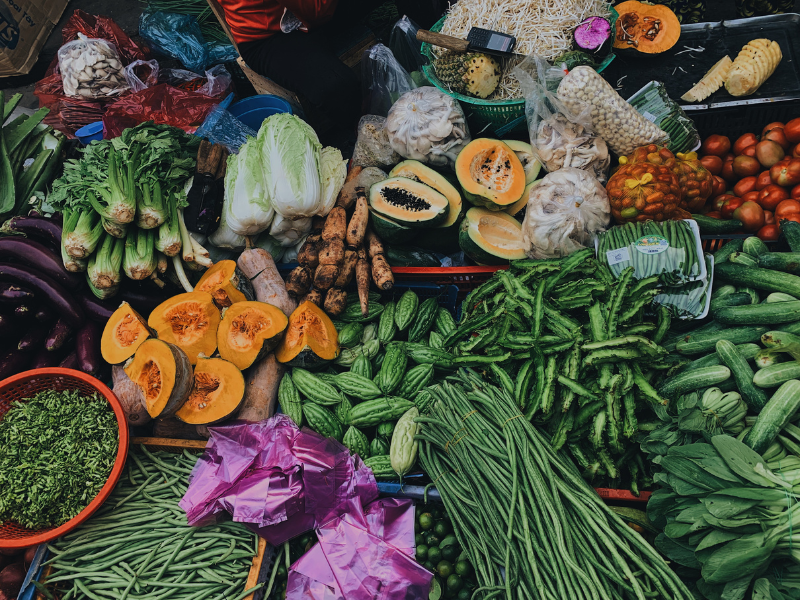With food still being wasted by some supermarkets and charities that work to feed the poor in Belgium's capital struggling to source enough provisions, the Brussels-Capital Region will make food donations by supermarkets mandatory.
High food inflation and the rising cost of living led to growing numbers of people depending on food banks. But less food is being donated, with some supermarkets donating unsold usable food voluntarily whilst others will sell at a loss to prevent waste. However some chains continue to throw away usable unsold food.
In an effort to resolve the issue, Brussels will from 2024 require large supermarkets in the region (with a surface area of more than 1,000 m²) to donate their unsold food that can still be used. The new rule will affect more than 100 supermarkets in Brussels.
"Considering that 70,000 people in Brussels alone rely on food aid, it is unacceptable that we are still throwing away tonnes of edible food," said Alain Maron, Brussels Welfare Minister. On his initiative, a draft decree to this effect was adopted at first reading.
Reducing tensions
Currently, a supermarket in Brussels donates just over a tonne of usable food each month. From 2024 onwards, a legal framework will be introduced between supermarkets and beneficiary organisations to facilitate donations.
"Sometimes supermarkets make a commitment to donate on a voluntary basis but withdraw at the last minute. Or certain associations do not honour their commitments to supermarkets. In a lot of cases, food products are donated too late and cannot be consumed within a reasonable time," Maron explained.
Brussels will provide guidance to both supermarkets and associations, that aims to help make the system work for all involved parties. In particular, it will make the work of the two logistics platforms selected for collecting unsold goods (Dream and Loco) easier.

Too often, usable unsold food is thrown away. Credit: Belga/ Charlotte Gekiere
However, Pierre Labouverie of the organisation Foodbank Brussels-Brabant, an intermediary that recovers and manages food items to hand them on to their 143 partner associations, explained that the majority of its donations already come from supermarkets, adding that charities they are linked to also often go to supermarkets themselves to receive unsold products.
"It is true that maybe one or two chains don't give their surplus, but the vast majority are already doing their best to give to charities, not only because it is social responsibility, but also because they have to pay to incinerate it, so it is a double advantage for them," he told The Brussels Times.
He argued that the proposal will still have to undergo a long process before it goes into effect, and lamented the fact it would only apply to Brussels supermarkets. "But there is always room to do better. We will see at the end of the day, when the law passes, whether there is a difference."
Related News
- Brussels ahead of the curve as EU prepares major food waste law
- Supermarkets face their worst situation in three decades, federation warns
After charities get the first pick, companies that reuse or resell unsold food to individuals, such as Too Good To Go, will also be able to access unsold food from supermarkets via the logistics platforms.
The preliminary draft ordinance will now be submitted to the advisory councils and the Council of State for their opinions before it will be re-examined by the Brussels Government and submitted to the region's Parliament for a vote.

